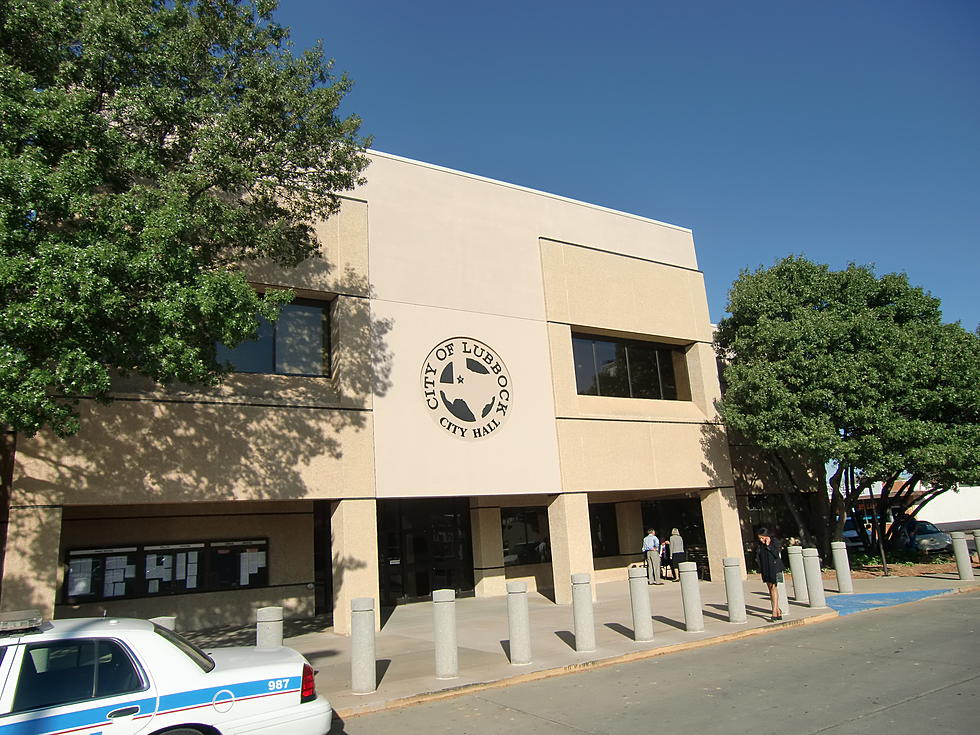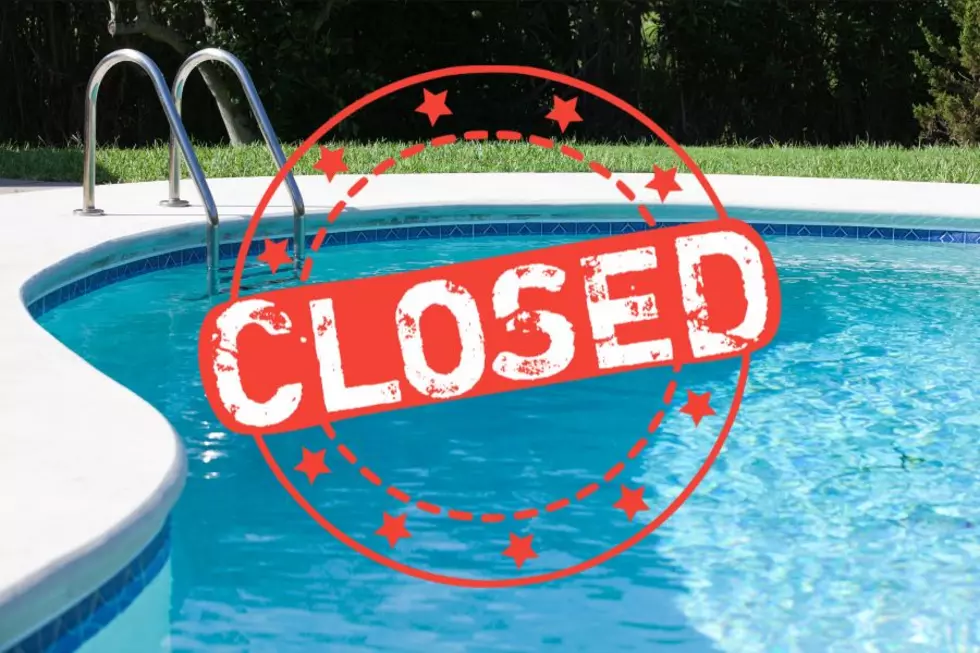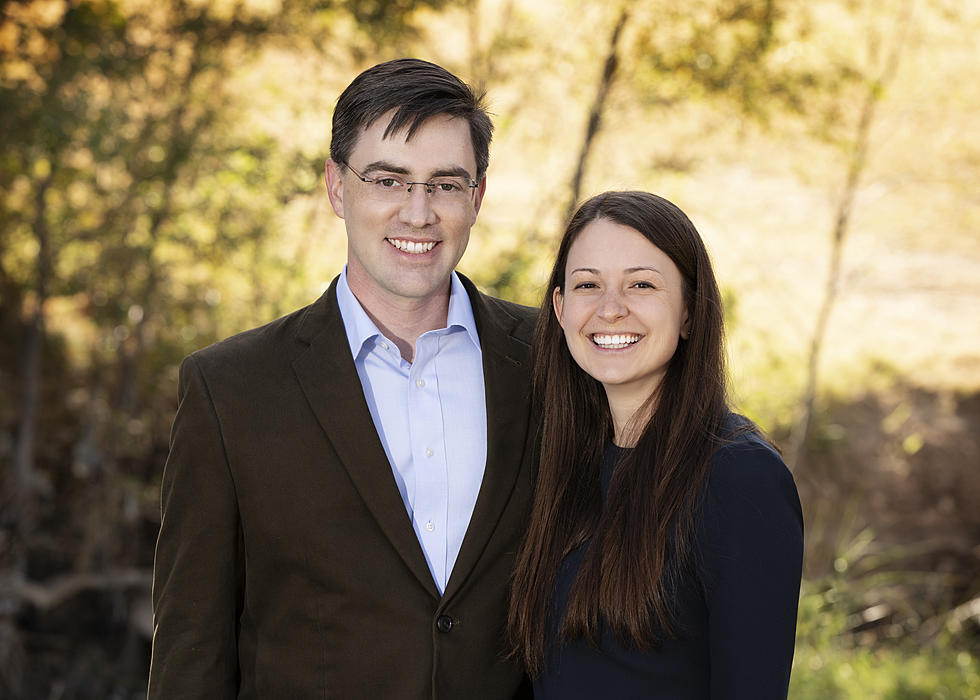
Lubbock City Council Discusses Property Tax Rate Cap Increase and Delinquent Property Tax Payments
Lubbock City Council members recently voted on a proposed property tax rate cap increase and one citizen commented on the large number of properties within Lubbock that have delinquent property tax payments.
During their regularly scheduled meeting on Thursday, August 14, Councilman Floyd Price made a motion to set the potential property tax rate cap at 53.441 cents per $100 property valuation. Price asserted the rate would reduce city debt by more than $2 million, but the motion failed.
Mayor Pro-tem Jim Gerlt then proposed a rate cap of 52.74 cents per $100 property valuation which initially failed without a second. Mayor Glen Robertson reminded the council when no other motions were presented that a proposed rate cap had to be determined that night.
“This is not the rate that will be the final rate. This will be the rate that will be the maximum that we can go up to,” Said Robertson. “I understand that it is not very acceptable today to talk about a tax rate increase, but I am getting very frustrated at the lack of courage on the dais tonight”
Councilman Price made a motion to revisit Gerlt’s previous proposal, which then passed 5-2 with Councilmembers Karen Gibson and Jeff Griffith dissenting.
Along with setting a proposed rate, the Council was tasked with setting public hearing dates on the new rate. The initial public hearing will be held in City Council chambers on August 28 and the second will be held on September 4.
During citizen comment, Dave Smith appeared to speak about properties with delinquent payments on property taxes. According to Smith, his research into public record indicates that there are more than 8,000 properties with delinquent payments with some not having paid taxes in over 20 years. He also asserted that some 200 properties belonged to the City of Lubbock. Smith said he believed the city should do more to collect taxes from these lots or appropriate them before raising taxes.
Councilman Victor Hernandez and Councilman Price are reportedly leading an effort to minimize the number of delinquent properties as many of them reside within their respective districts. Hernandez also asserted that many properties’ taxes, although unpaid for many years, remained below a few hundred dollars and cost benefit analysis would be important if the city is the recoup losses.
More From News/Talk 95.1 & 790 KFYO









